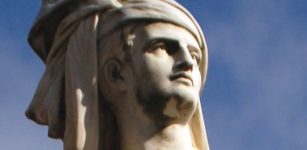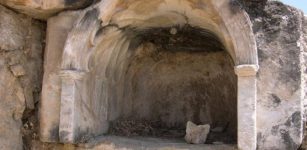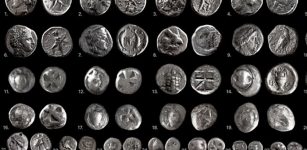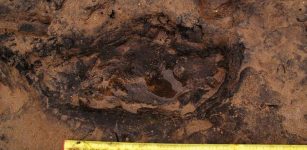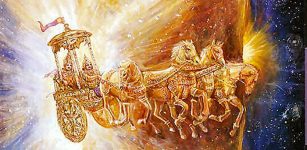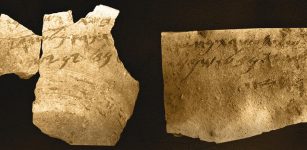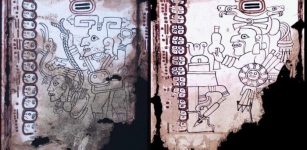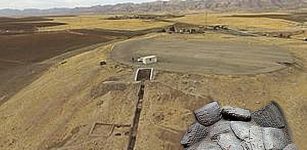On This Day In History: Vespasian Was Elected The Roman Emperor – On July 1, 69
AncientPages.com - On July 1, 69, Vespasian was elected the Roman Emperor. This historical event took place during the troublesome period after Nero's death, in which several Roman emperors had a succession in only one year.
Vespasian (Titus Flavius Vespasianus, A.D. 9–79). Image credit: The Milton Weil Collection, 1939 - CC0 1.0 Universal (CC0 1.0)
Titus Flavius ( 9 AD - 79 AD) was not like the emperors who ruled before him; he was not an aristocrat, but his family was wealthy, which allowed him to start a career in politics and enter the Roman Senate. A tough soldier and talented general, he soon built a reputation for his part in the conquest of Britain under Claudius and his wise governance of the province of Africa in 63 AD.
While Vespasian was leading the war in Palestine, Emperor Nero was assassinated in 68 AD back in Rome. The empire descended into civil war over who would be the new emperor.
Vespasian came to Rome in 70 AD and took over as the new emperor. It was a significant turning point in the history of Rome. He was declared emperor a year earlier but did not come to Rome from the Middle East until autumn next year. He proved to be an influential Emperor, and his reign was considered a time of peace and calm. One of his first acts was to restore the army's morale, discharging some and punishing others.
Next, he rebuilt many of the homes and buildings burned during the final days of Viterllius's reign. He built new temples and the massive Coliseum (Colosseum), also called "the Flavian Amphitheatre."
Unlike many who ruled before him, he held no grudges towards those who opposed him and executed none of his enemies.
Vespasian doubled tributes from the provinces to bring more money into the troubled Roman treasury, charged fees from candidates for public offices, and sold pardons. However, he wasn't wholly greedy; he paid salaries to those who taught Latin and Greek and awarded prizes to poets and artists.
While visiting outside Rome, he contracted "undulant fever." Upon returning home, he avoided proper care and traveled to his summer home in Reiti. One night, after a short swim, he caught a chill and died on June 23, 79 CE; he was 69 years old. His son Titus was named his successor, but he would only serve two years and be followed by the ill-prepared Domitian.
AncientPages.com
Expand for referencesReferences:
Jahn J. The History of the Hebrew Commonwealth




